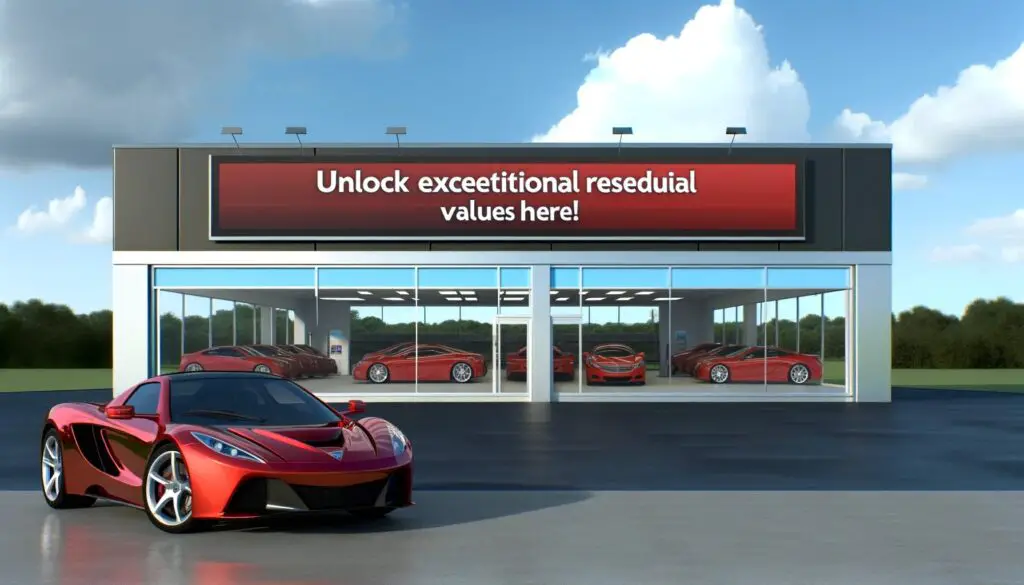Considering leasing your first car? Congratulations on taking a step towards exploring this flexible and often cost-effective option! In this comprehensive guide, we’ll walk you through everything you need to know about car leasing, from understanding the basics to navigating the intricate world of lease agreements.
| Task | Completed |
|---|---|
| Understand the basics of car leasing | |
| Assess lifestyle and driving habits | |
| Compare leasing vs. buying financially | |
| Explore different types of leases | |
| Research leasing terms from various dealerships | |
| Decipher lease jargon | |
| Negotiate lease terms effectively | |
| Calculate monthly lease payments | |
| Factor in additional costs (insurance, etc.) | |
| Evaluate needs and preferences for a vehicle | |
| Test drive potential lease options | |
| Identify hidden fees and charges | |
| Ensure transparency in lease agreements | |
| Understand credit impact on lease terms | |
| Improve credit score for better leasing options | |
| Leverage competition among dealerships | |
| Negotiate lower monthly payments and down payments | |
| Scrutinize lease terms and conditions | |
| Seek clarification on ambiguous clauses | |
| Meet minimum insurance requirements | |
| Understand gap insurance and its importance | |
| Understand lease-end options | |
| Prepare vehicle for inspection and return | |
| Be aware of mileage restrictions | |
| Avoid excessive wear and tear charges |
Understanding Car Leasing
Car leasing offers an alternative to traditional car ownership, allowing individuals to use a vehicle for a fixed period while making monthly payments. Unlike purchasing a car outright, leasing involves paying for the vehicle’s depreciation over the lease term rather than its entire value.
Benefits of Leasing vs. Buying
Leasing provides several advantages over buying, including lower monthly payments, the ability to drive a newer vehicle with the latest features, and minimal upfront costs. Additionally, leasing often involves lower repair and maintenance expenses, as the vehicle is typically under warranty throughout the lease term.
Is Leasing Right for You?
Before diving into a lease agreement, it’s essential to assess whether leasing aligns with your lifestyle and financial situation. Consider factors such as your driving habits, budgetary constraints, and long-term transportation needs to determine if leasing is the optimal choice for you.
Researching Your Options
Researching various leasing options is crucial to finding the best deal. Explore different types of leases, such as closed-end and open-end leases, and compare terms from multiple dealerships to ensure you’re getting the most competitive offer.
Understanding Lease Terms
Lease agreements often come with complex terminology that can be intimidating for first-time leasers. Take the time to decipher lease jargon, including capitalized cost, residual value, and money factor, to ensure you fully understand the terms and conditions of your lease.
Budgeting for a Lease
Calculate your monthly lease payments accurately by factoring in the vehicle’s depreciation, interest charges, taxes, and any additional fees. Don’t forget to account for other expenses such as insurance, maintenance, and registration fees to create a comprehensive budget.
Choosing the Right Vehicle
Selecting the right vehicle is crucial to a satisfying leasing experience. Evaluate your needs and preferences, including the vehicle’s size, features, and fuel efficiency, before test driving potential lease options to ensure they meet your expectations.
Inspecting Lease Offers
When reviewing lease offers, be vigilant for hidden fees and charges that may inflate the overall cost of your lease. Request transparency from dealerships regarding all associated expenses to avoid any unpleasant surprises down the road.
Credit Checks and Approval
Your credit score plays a significant role in determining lease terms, including the interest rate and down payment requirements. Take steps to improve your credit score before applying for a lease to qualify for better leasing options and lower monthly payments.
Lease Negotiation Tips
Don’t hesitate to negotiate lease terms with dealerships to secure the best possible deal. Leverage competition among dealerships to your advantage and negotiate lower monthly payments, reduced down payments, and favorable lease terms.
Reviewing Lease Contracts
Before signing on the dotted line, carefully review all lease terms and conditions to ensure you fully understand your obligations as a lessee. Seek clarification on any ambiguous clauses and don’t hesitate to ask questions if something seems unclear.
Insurance Requirements
Meet the minimum insurance requirements for leased vehicles to protect yourself and the lessor in the event of an accident or theft. Consider purchasing gap insurance to cover the difference between your vehicle’s actual cash value and the amount owed on the lease in the event of a total loss.
Preparing for Lease End
As your lease term approaches its end, familiarize yourself with your lease-end options, including buying out the vehicle, returning it, or extending the lease. Prepare the vehicle for inspection and return to avoid any additional charges for excessive wear and tear.
Avoiding Common Pitfalls
Be mindful of common pitfalls associated with car leasing, such as exceeding mileage restrictions and incurring excessive wear and tear charges. Stay informed and proactive to ensure a smooth and hassle-free leasing experience.
Frequently Asked Questions
What credit score do I need to lease a car?
Most leasing companies prefer applicants with a credit score of 680 or higher, although requirements may vary depending on the lessor’s policies and the type of vehicle being leased.
Can I negotiate the price of a leased car?
Yes, negotiating the price of a leased car is possible. Focus on negotiating the capitalized cost, which is equivalent to the vehicle’s selling price, to lower your monthly lease payments.
What happens if I exceed the mileage limit on my lease?
Exceeding the mileage limit specified in your lease agreement typically incurs additional charges, known as excess mileage fees, which can range from $0.15 to $0.30 per mile.
Is it possible to terminate a lease early?
While early lease termination is possible, it often comes with hefty penalties and fees. Consider alternatives such as lease transfer or lease buyout if you need to end your lease prematurely.
Are lease incentives worth considering?
Lease incentives, such as cash rebates and discounted lease rates, can make leasing a more attractive option. However, carefully evaluate the terms and conditions to ensure they align with your leasing goals and budget.
Conclusion
In conclusion, leasing a car for the first time can be a rewarding experience when approached with careful consideration and thorough research. By understanding the intricacies of car leasing, assessing your needs and budgetary constraints, and negotiating favorable lease terms, you can embark on your leasing journey with confidence and peace of mind. Remember to stay informed, ask questions, and make informed decisions to enjoy a seamless and satisfying leasing experience.





